Caring for someone who is seriously ill with a terminal illness can be difficult and sometimes lonely and confusing
Sign up to our newsletter
Keep up to date with the latest news and announcements
Caring for someone who is seriously ill with a terminal illness can be difficult and sometimes lonely and confusing
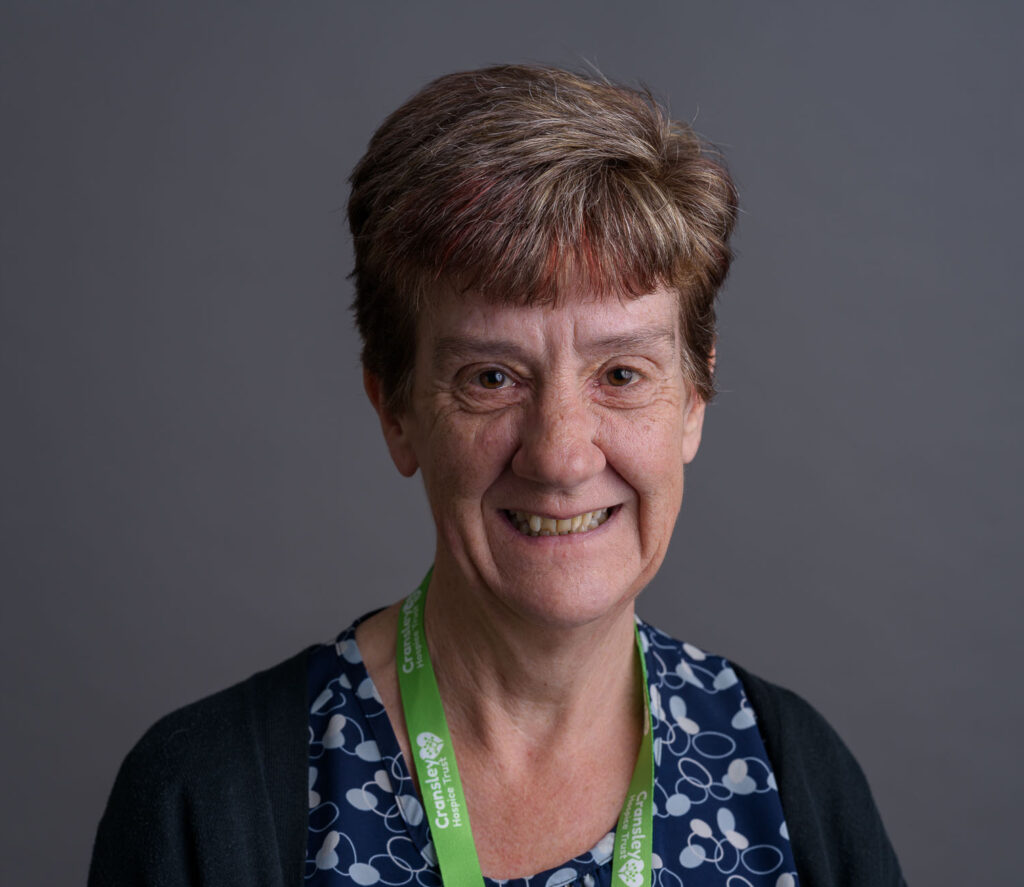
A Carers Assessment will help identify what impact your caring responsibilities are having on you and what support you might need to continue your caring responsibilities should you wish to.
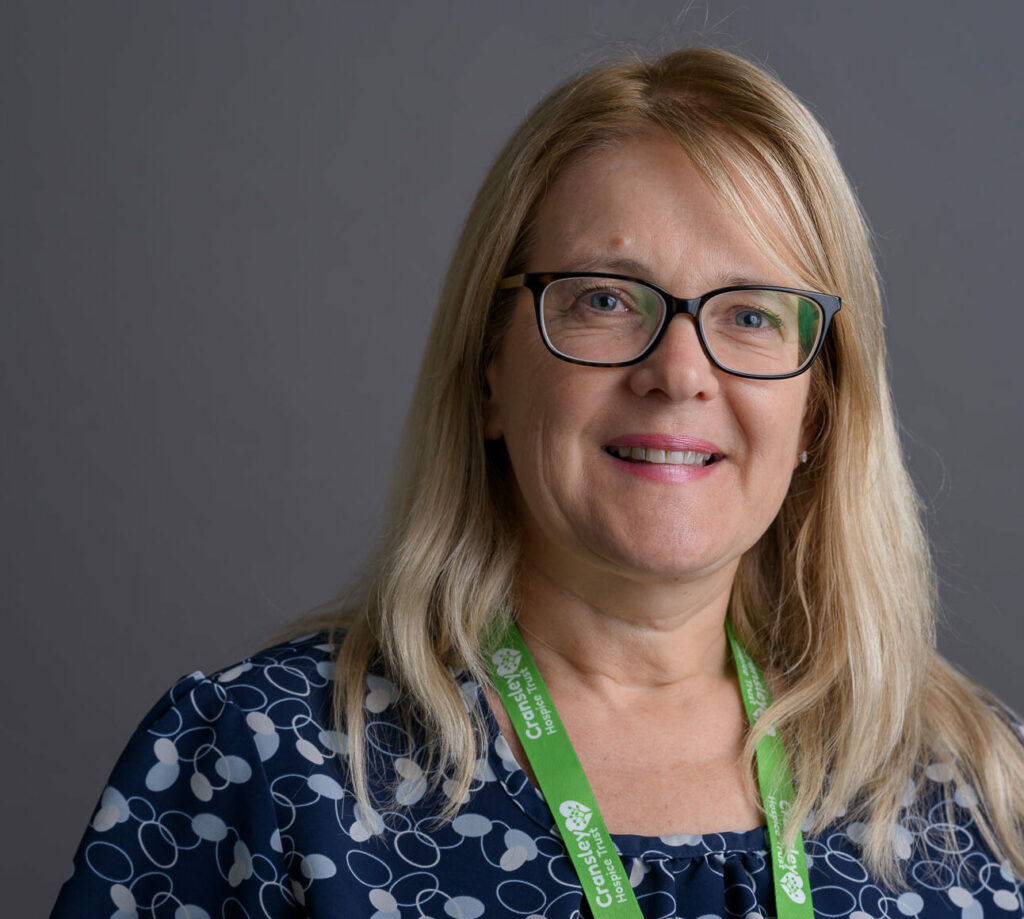
You can request an assessment to discuss your care and support needs if you are finding it difficult to look after yourself.
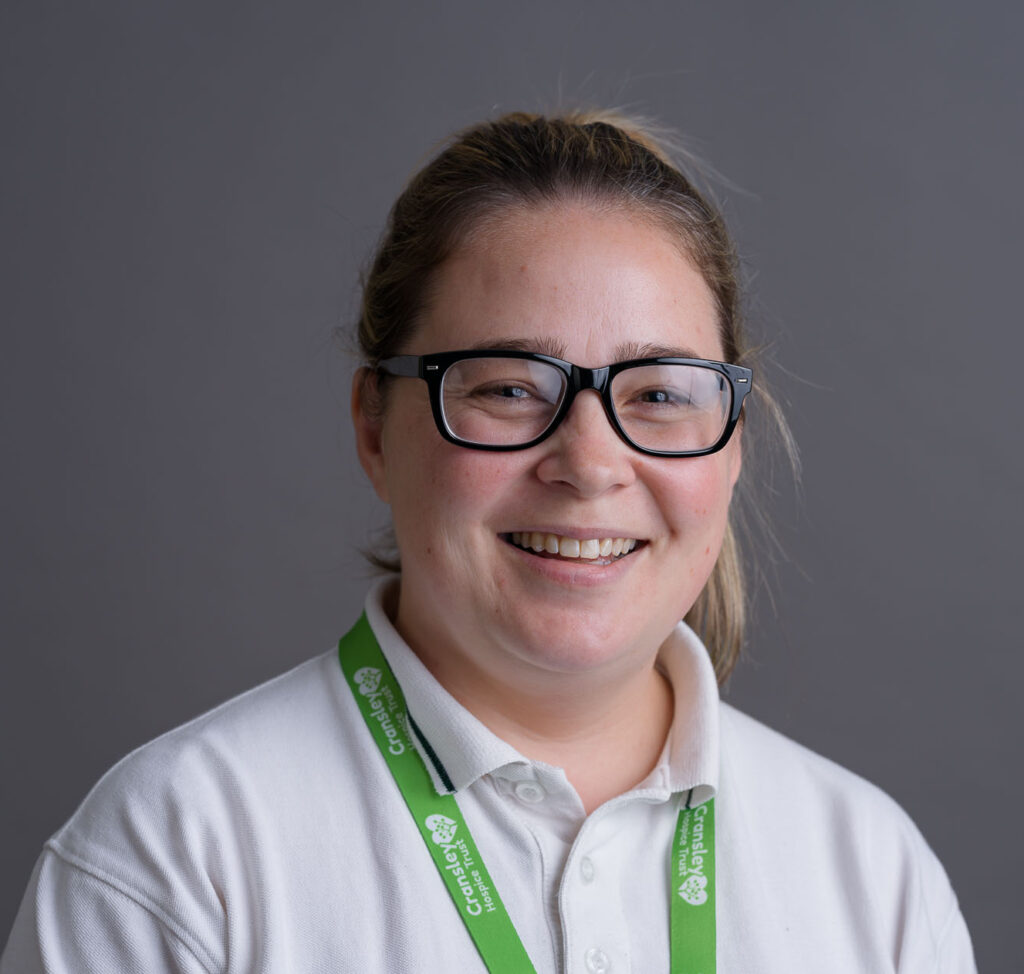
To be eligible for NHS Continuing Healthcare, your need must be primarily health related, and thought to be complex, substantial and ongoing. It is not means tested and it can cover up to 100% of care costs.
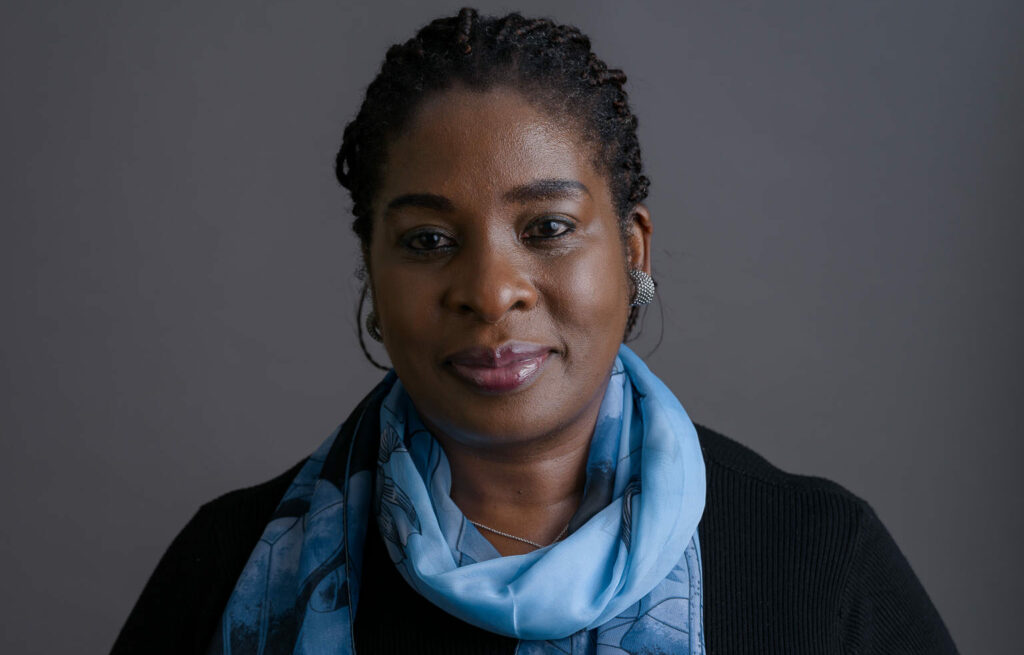
Experiencing the loss of a family member can be extremely distressing. Our online Grief Chat is a free service, alternatively you can contact the support team at Lakelands Hospice who can help you through the emotional impact of grief.
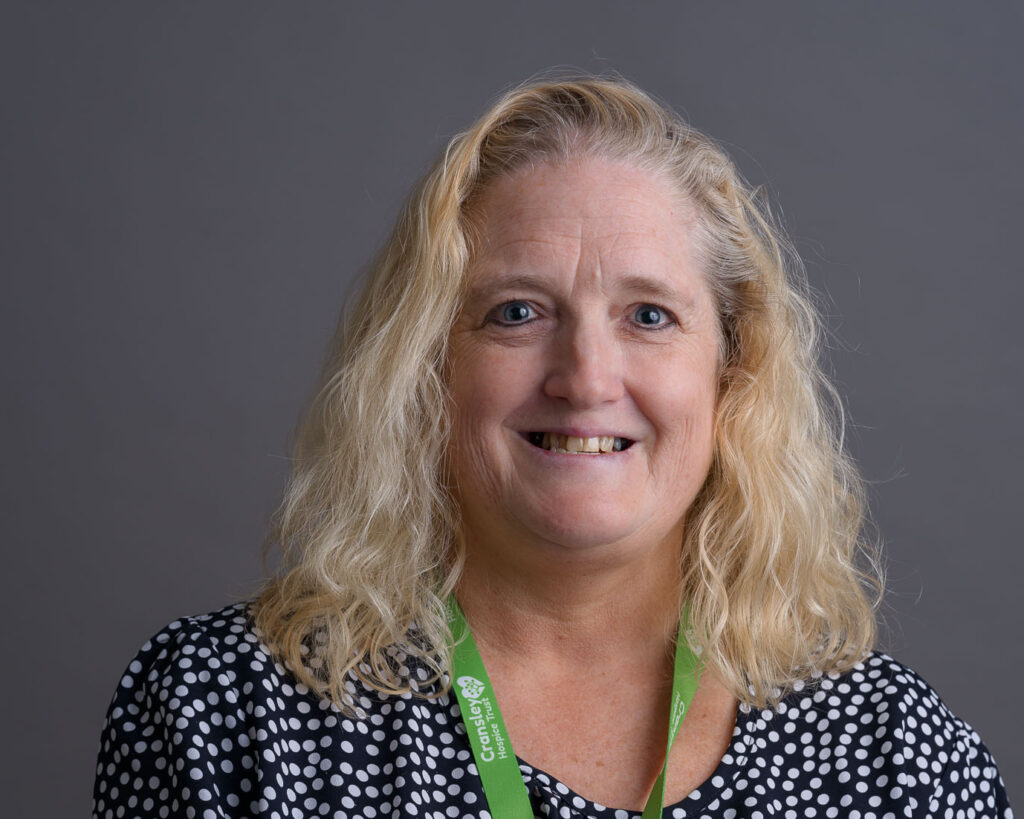
If you feel you need financial support, you should visit your local council website to request an assessment.
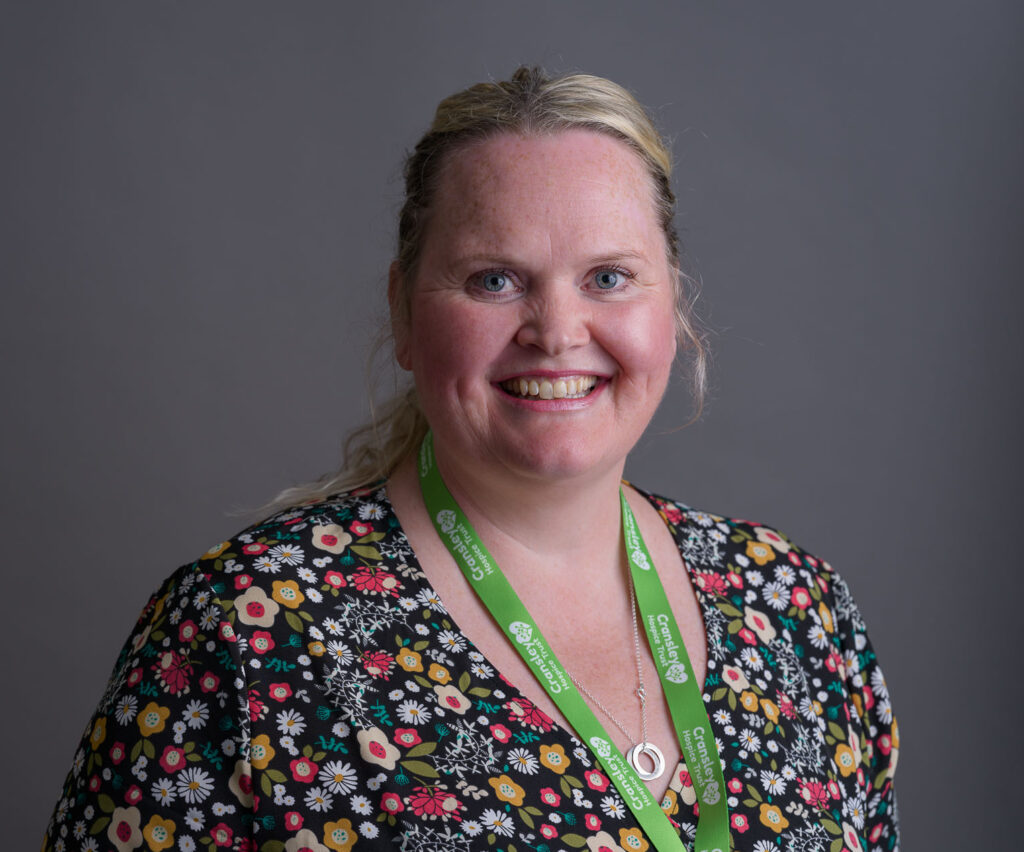
The Patient and Family Liaison Worker can be contacted via the hospice on 03000 274200 for practical and emotional support including help with planning for care after someone is discharged from the hospice.
If you are reading this, first of all, please accept our deepest condolences for the loss of the person you have been caring for. No matter how long someone’s illness, or how long you have had to prepare, the death of someone close can still be extremely distressing.
Here is a guide with some practical advice and support prepared by Northampton Healthcare Foundation Trust.
If your relative or friend’s death was expected, the nurse or doctor will initially verify the death before the person can be moved. The Doctor who looked after him or her during their final illness will send the medical certificate that shows the cause of death to the registrar electronically.
If your relative or friend’s death was sudden or unexpected, you should contact a doctor and the police. You will probably also want to contact close family immediately. If the cause of an unexpected death is quite clear, the doctor will send the medical certificate to the registrar electronically. If the doctor wants to know more about the cause of death they may carry out a post-mortem (medical) examination.
In certain circumstances – for example, if the cause of death is unknown, or if it was due to an accident or injury – the doctor may report it to the Coroner. The Coroner is a doctor of lawyer who looks into the cause of a death when more information is required before the death can be registered. If the examination shows that the death was due to natural causes, the Coroner will release the body for burial or cremation.
The choice of a funeral director is something you should consider carefully, as it is important that you should feel comfortable and confident with them.
The funeral director may ask you questions regarding your relative’s or friend’s wishes, therefore it may be useful to give this consideration before you meet. They may also be able to help with any questions you may have.
There are currently no visitor restrictions at Cransley Hospice, however we do recommend that where possible and depending on the health of the patient that visitor numbers are kept to between 2-4 people and within the hours or 8 am and 8 pm.
We ask that you do not visit if you have any symptoms of Covid or other infectious illness.
Return of bed/commode etc. call Millbrook: 0330 1241219
BOC oxygen equipment call Medical Gasses Monday to Friday 08:00-18:00: 0800 136603
Medical boxes/syringe drivers/district nursing notes /yellow sharps bins will be collected by district nurses.
Return medication (tablets, inhalers, medicine, patches, and medication for injection) to any chemist, not necessarily where they were dispensed from.
Because every moment matters…
Patients were cared for in the inpatient unit at Cransley Hospice
Calls or visits made to patients and their families by our Hospice at Home team
Treatments delivered to patients by the Lymphoedema Service
Memory boxes with teddies and blankets given to children to help them cope with the loss of a parent or grandparent